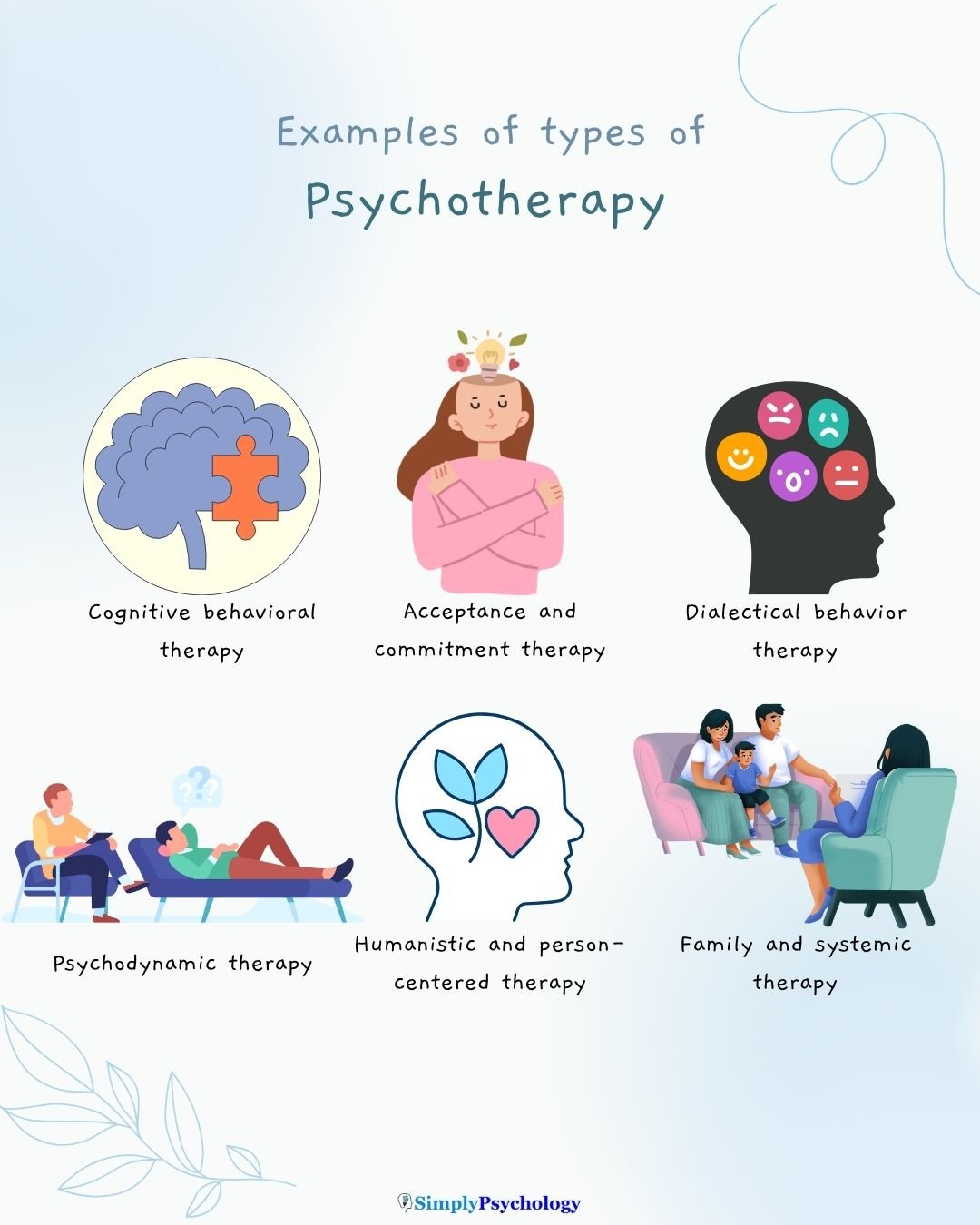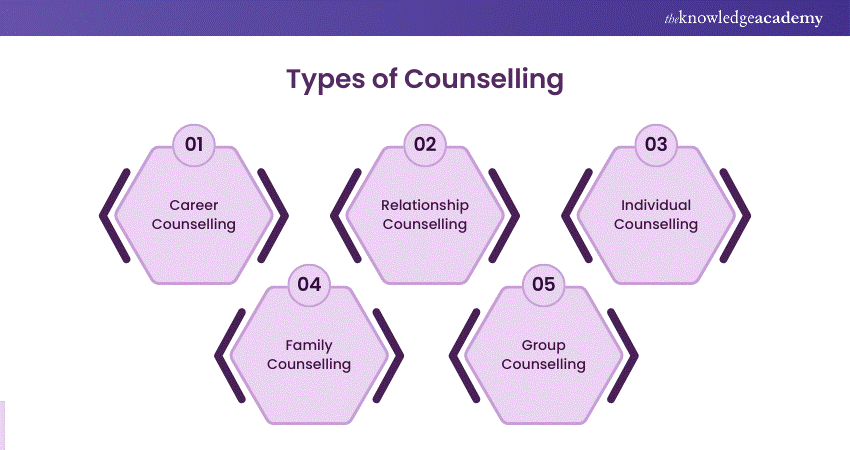Why relationship therapy services is More Accessible Than Ever Before
Checking out the Advantages of Virtual Therapy in Modern Mental Wellness Care
The increase of virtual therapy marks a significant change in mental wellness treatment. It provides improved ease of access, allowing people from varied histories to seek assistance without geographical restraints. Adaptability in organizing suits differing lifestyles, while the convenience of home can foster visibility. The effects of these adjustments expand beyond mere benefit. The progressing landscape of therapy elevates crucial concerns regarding its long-lasting effects on client involvement and treatment results.
Enhanced Accessibility for All
Traditional therapy often offers barriers such as geographical place and organizing disputes, virtual therapy considerably enhances ease of access for individuals looking for psychological wellness assistance. By getting rid of the demand for physical traveling, virtual therapy enables clients from remote areas or those with flexibility challenges to get in touch with qualified specialists. This mode of therapy can get to underserved populaces who may lack local psychological health resources, thereby attending to disparities in access to care. In addition, virtual systems can accommodate diverse requirements, supplying services in numerous languages and accommodating different social histories. Customers can involve with a more comprehensive variety of specialists, providing them with alternatives that align with their particular demands and choices. This increased availability cultivates an extra comprehensive setting, allowing individuals to look for help without the preconception commonly related to in-person gos to. Generally, virtual therapy stands for a substantial innovation in making psychological healthcare more obtainable to all.
Versatility in Organizing Procedure

As virtual therapy remains to obtain traction, its inherent versatility in organizing sessions verifies to be a significant benefit for many people. Unlike typical in-person therapy, virtual therapy enables customers to choose session times that ideal fit their individual and professional commitments. This adaptability accommodates those with requiring job routines, family members commitments, or various other commitments that can make participating in physical appointments testing.
Moreover, customers can easily reschedule or readjust their sessions as required, minimizing the stress and anxiety connected with rigid visit systems. The accessibility of numerous time slots throughout the week, consisting of nights and weekends, better enhances ease of access. This flexibility not only motivates uniformity in attendance but likewise promotes a greater dedication to the restorative procedure. Ultimately, the versatility in organizing sessions represents a transformative shift in mental healthcare, empowering people to prioritize their well-being without compromising other facets of their lives.
Convenience of a Familiar Environment
The convenience of an acquainted setting considerably boosts the efficiency of virtual therapy for numerous customers. Involving in therapy from the safety and security of their very own homes enables people to really feel more secure, reducing stress and anxiety that might come with conventional in-person sessions. This knowledge can help with open interaction, enabling clients to express their thoughts and feelings much more easily.
The presence of personal products and the capacity to manage their environments can contribute to a feeling of protection and leisure. Clients frequently report that remaining in a comfortable space enables them to concentrate more on the therapeutic procedure as opposed to the setting itself.
In addition, the casual nature of virtual sessions can aid dissolve obstacles that might exist in a standard workplace setting, cultivating a much deeper connection with therapists. Overall, the convenience of acquainted environments plays an essential role in boosting the therapeutic experience and effectiveness for numerous people seeking psychological wellness assistance.
Larger Variety of Therapeutic Options
A larger variety of healing alternatives appears through virtual therapy, allowing customers to gain access to numerous techniques that might not be feasible in traditional setups. This flexibility makes it possible for individuals to discover diverse methods such as cognitive-behavioral therapy, mindfulness techniques, art therapy, and even specialized treatments like trauma-informed treatment or dialectical behavior therapy.
Clients can choose from a more comprehensive range of specialists, consisting of those that specialize in particular niche locations or particular populaces, improving the likelihood click here of finding an appropriate suit. Virtual platforms usually offer accessibility to team therapy sessions, assistance communities, and workshops that may be geographically unavailable otherwise.
This variety encourages clients to engage in their recovery process according to their special choices and demands, potentially increasing inspiration and commitment to therapy. Consequently, the landscape of psychological wellness care ends up being extra inclusive and versatile, satisfying a broader variety of private experiences and obstacles.
Reduced Stigma Bordering Therapy
Accessing therapy with virtual systems adds to a considerable reduction in the preconception traditionally connected with mental health treatment. By supplying a very discreet and private environment, virtual therapy allows individuals to seek aid without the concern of being judged or recognized. This privacy interest those that might or else be reluctant to pursue in-person therapy because of societal assumptions bordering psychological wellness.
As the prevalence of virtual therapy rises, it stabilizes the discussion around psychological wellness, making it a more acceptable component of everyday life. People commonly feel more comfortable discussing their experiences on the internet, advertising visibility and lowering sensations of isolation. The ease of access of these services likewise motivates a wider market to involve with mental health and wellness resources, promoting a culture of support instead of shame. Ultimately, the rise of virtual therapy plays an important function in reshaping attitudes towards looking for aid, contributing to a much more accepting society pertaining to psychological health challenges.
Cost-Effectiveness and Price

Minimized Session Expenses
Many people looking for mental wellness support locate that virtual therapy substantially decreases session prices compared to standard in-person options. The removal of traveling expenditures and pause work frequently contributes to general cost savings. In addition, numerous virtual therapists use affordable rates due to lower overhanging costs connected with maintaining a physical office. This change in expenditure permits customers to access quality mental health and wellness services without the economic stress that might feature standard therapy. For many, this affordability makes it possible for more regular sessions, which can improve treatment outcomes. As an outcome, virtual therapy not just equalizes accessibility to mental healthcare however likewise offers a lasting monetary version that straightens with clients' spending plans, making mental wellness support much more possible for a broader audience.
Expanded Accessibility Choices
While standard therapy usually offers logistical barriers, virtual therapy substantially broadens access options for people seeking psychological healthcare. By removing the need for traveling and enabling flexible organizing, virtual therapy accommodates diverse lifestyles and commitments. This availability is particularly beneficial for those in remote locations or with wheelchair challenges. Additionally, the cost-effectiveness of virtual therapy lowers financial strain, making mental health and wellness solutions more reachable. Many platforms use tiered pricing or sliding scale costs, advertising affordability. Insurance provider significantly recognize virtual therapy, additional boosting its monetary ease of access. Overall, virtual therapy not just widens the range of who can obtain care yet also addresses economic barriers, making psychological wellness support much more comprehensive and possible for all.
Enhanced Continuity of Treatment
Boosted continuity of treatment becomes a considerable advantage of virtual therapy in modern mental wellness care. This strategy permits people to preserve regular interaction with their specialists, no matter of geographical obstacles or scheduling problems. adhd counselling. The flexibility of virtual sessions promotes normal check-ins, which are important for checking development and adjusting therapy plans as necessary
Additionally, digital wellness documents and telehealth systems promote seamless info sharing amongst care companies. This interconnectedness assures that all professionals associated with a client's care are updated on therapy growths, leading to even more collaborated and effective interventions.
Individuals usually experience reduced stress and anxiety and enhanced involvement as a result of the ease of accessing therapy from familiar environments. Such accessibility boosts adherence to therapy regimens, inevitably enhancing outcomes - adhd counselling. To summarize, virtual therapy not just bridges gaps in psychological health and wellness solutions yet also strengthens the continuity of care, a critical part of successful healing connections
Frequently Asked Inquiries
Exactly How Does Virtual Therapy Make Sure Confidentiality and Personal Privacy for Clients?
The existing question addresses the measures virtual therapy utilizes to secure client confidentiality. Utilizing encrypted systems, safe and secure logins, and conformity with guidelines like HIPAA, virtual therapy assurances that delicate information stays private and unattainable to unauthorized individuals.
Can I Change Therapists Conveniently in Virtual Therapy?
Switching therapists in virtual therapy is generally uncomplicated. Customers can communicate their need for a modification with the system, permitting versatility in discovering a far better match without the logistical difficulties of in-person appointments.
What Innovation Do I Need for Virtual Therapy Sessions?
To take part in virtual therapy sessions, a specific normally needs a trustworthy net link, a computer or mobile phone with an electronic camera and microphone, and access to a safe and secure video clip conferencing platform specified by their specialist.

Are Virtual Therapy Procedure as Effective as In-Person Sessions?
Current research studies indicate that virtual therapy sessions can be similarly effective as in-person sessions, depending upon the individual's preferences and circumstances. Variables such as convenience and availability may improve the general therapeutic experience for some customers.
What Should I Do if I Experience Technical Issues Throughout a Session?
If technical issues emerge throughout a session, one must comfortably communicate the trouble to the specialist, effort to reconnect, or button to a backup technique. Perseverance and versatility are essential in handling these disturbances.